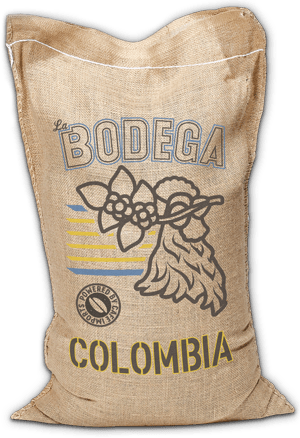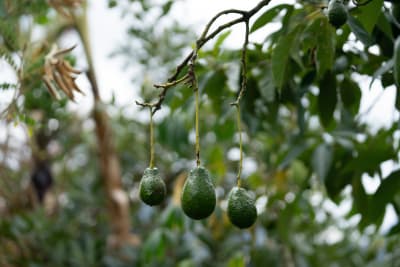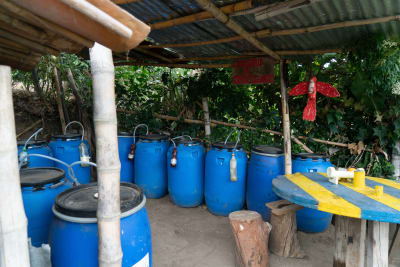Colombia – FTO Narino – FUDAM – La Union – Narino – Castillo and Colombia – FLO ID 38797 B21028
Specs:

Source:
Colombia
Region:
Nariño
Farm:
FUDAM
Variety:
Castillo, Colombia
Altitude:
1500-2200 MASL
Processing:
Washed
Notes:
"Sweet with tart acidity, fresh green grape, savory, and mild pecan flavors."
Score:
Price/Bag:
$4.95 per lb
$218.00 per bagOut of stock
Background:
FTO Colombia
Fair Trade– and organic-certified coffees from Colombia are somewhat rare, compared to the more common “Asociacion” that many farmers form with their neighbors, but producers who have the financial and organizational capabilities to become certified are very committed to both the ecological and social health of their communities. We continue to find more FTO coffees from Colombia every year and are continually impressed by the qualities coming from these programs.
FUDAM
Fundación Agraria y Ambiental Para el Desarrollo Sostentible (FUDAM) is a 300-member association of organic-certified (and Rainforest Alliance–certified) growers that was founded in the year 2000 by just seven producers who shared a vision of sustainable agriculture as well as environmental protection and development. This group of smallholders lives in and around the small municipality of La Unión in Nariño, where the terrain differs greatly from in other coffee-growing areas like Cauca: Instead of walking up from the town to the farms, as elsewhere, here the towns are at such high elevation that the farms are typically lower elevation, surrounded by high peaks and rough road.
FUDAM's membership believes firmly in the principles of sustainability that drove them to band together in the first place. When asked recently why the group continues to farm organically despite mounting pressure to rely on chemical inputs, the association’s leadership explained, “This is just how we live, these are our values and our way of life.”
The farmers pick their coffee during the day and depulp it in the afternoon, typically fermenting the lots for 16–24 hours dry. The coffees are generally washed two or three times before being dried either in small "casa elbas," mechanical dryers, or parabolic dryers. The mechanical drying takes between 25–40 hours, while the other drying structures can take up to 15 days.
Recommendations
-

Bolivia – FTO La Paz – La Cooperativa Corpus Cristhy Illampu R.L – Red Catuai & Typica – FLO ID 3645
$ 5.14 per lb Add to cart -

Brazil – Organic Cascara – Cascara Tea – Espirito Santo – Fazenda Camocim – Biodynamic
$ 15.87 per lb Add to cart -

Burundi – Microlot – Gakenke – Kayanza – Washed
$ 6.05 per lb Add to cart -

Colombia – Decaf Origin Select – EA Decaf de Cana – Huila
$ 5.27 per lb Add to cart





























